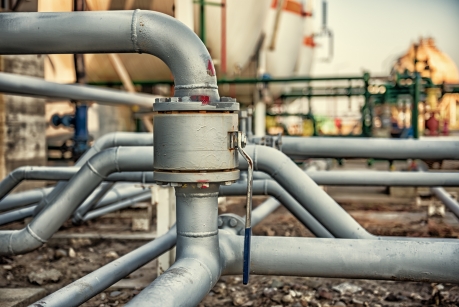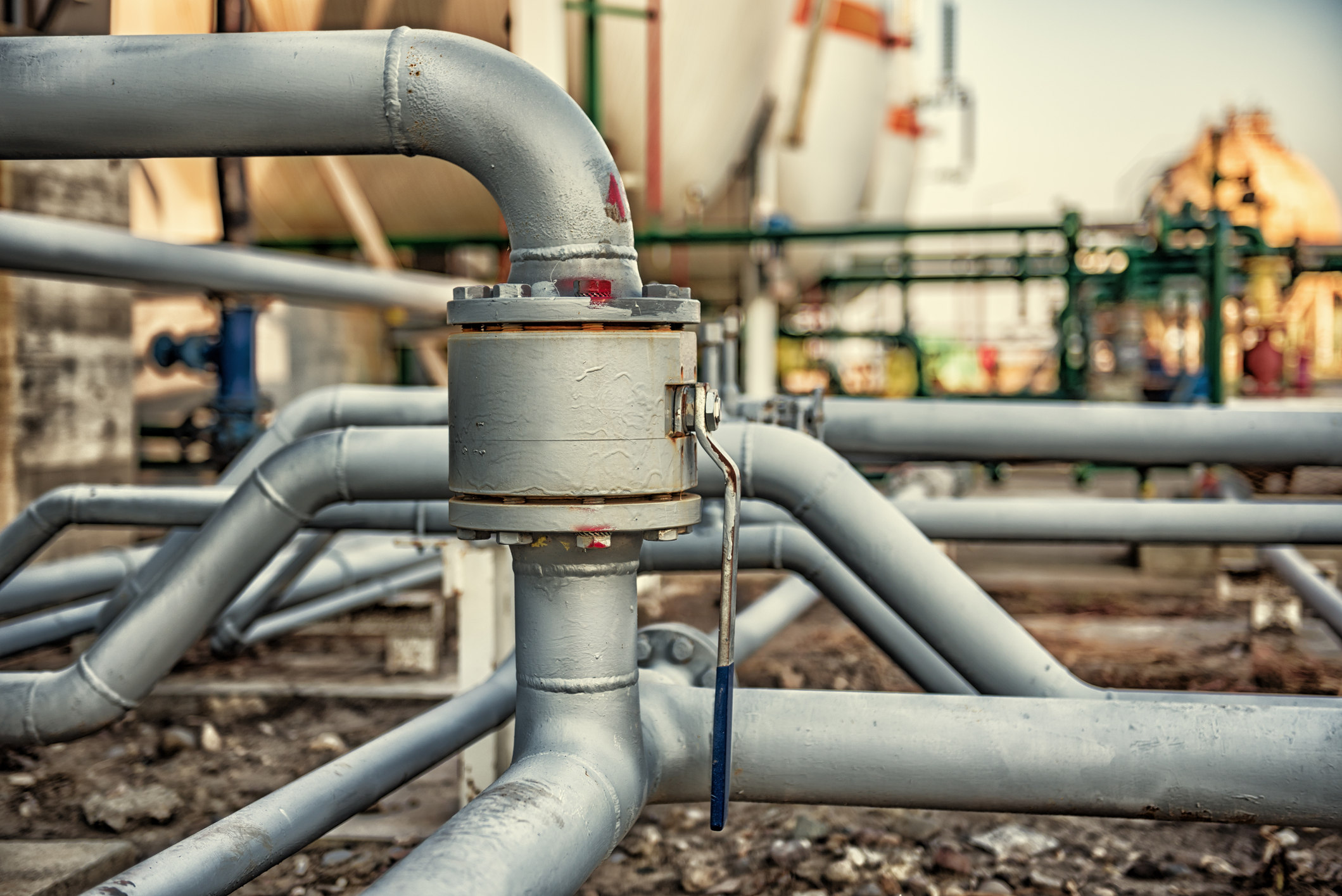DATE
2 min read • Oil, Gas & Other Natural Resources
Arthur D. Little predicts proposed EU Gas Directive Amendment will not achieve objectives

London, 15 March, 2018 – Arthur D. Little (ADL) today published an analysis of the impact of current EU Commission proposals to extend the regulations of the Third Gas Directive to pipelines from third countries supplying gas to the EU. The “Analysis of the Proposed Gas Directive Amendment” report finds that the proposals are unlikely to meet the Commission’s objectives of improving competition and security of supply.
Overall, the report finds that thanks to liberalization, the EU gas market is now beginning to function very well, although it could be improved through full implementation of existing rules by all Member States.
The amendment is most unlikely to achieve its stated objectives for three key reasons, according to the report. Firstly, implementing third party access on import pipelines will have no practical effect on supplies to the EU. Secondly, there is already transparency over gas flows at EU entry points. Finally, tariff regulation is unlikely to bring any consumer benefits.
Yvonne Fuller, Principal in the Energy & Utilities practice explains: “Our analysis shows that the liberalized EU gas market is starting to work well. Although there is room for improvement, our report echoes the views of many market participants who believe that the proposed amendment is unnecessary and may even lead to higher gas prices due to greater administrative complexity and higher transportation tariffs. Overall, our report recommends a deep and thorough impact analysis of these proposed amendments before a decision is made by the Council of the EU and the EU Parliament.”
ADL’s report also sets out the potential practical impacts of the proposed amendment. These include the potential need for complex Intergovernmental Agreements with third countries that may distort competition between different supply sources. In addition, it will bring uncertainty about derogation terms and the involvement of different member states and supplier nations. As the amendment appears to only apply to a small subset of pipelines (such as those which have underwater sections), it puts them at a competitive disadvantage, particularly as it does not apply to Liquified Natural Gas (LNG) imports. Finally, by halting certain import projects, security of supply will be affected as the number of access routes into the EU will be reduced.
To download the full report, please click here: www.adl.com/reviewgasdirective
Contacts:
Sue Glanville/Cate Bonthuys
+447715817589/+447746546773

2 min read • Oil, Gas & Other Natural Resources
Arthur D. Little predicts proposed EU Gas Directive Amendment will not achieve objectives

DATE

London, 15 March, 2018 – Arthur D. Little (ADL) today published an analysis of the impact of current EU Commission proposals to extend the regulations of the Third Gas Directive to pipelines from third countries supplying gas to the EU. The “Analysis of the Proposed Gas Directive Amendment” report finds that the proposals are unlikely to meet the Commission’s objectives of improving competition and security of supply.
Overall, the report finds that thanks to liberalization, the EU gas market is now beginning to function very well, although it could be improved through full implementation of existing rules by all Member States.
The amendment is most unlikely to achieve its stated objectives for three key reasons, according to the report. Firstly, implementing third party access on import pipelines will have no practical effect on supplies to the EU. Secondly, there is already transparency over gas flows at EU entry points. Finally, tariff regulation is unlikely to bring any consumer benefits.
Yvonne Fuller, Principal in the Energy & Utilities practice explains: “Our analysis shows that the liberalized EU gas market is starting to work well. Although there is room for improvement, our report echoes the views of many market participants who believe that the proposed amendment is unnecessary and may even lead to higher gas prices due to greater administrative complexity and higher transportation tariffs. Overall, our report recommends a deep and thorough impact analysis of these proposed amendments before a decision is made by the Council of the EU and the EU Parliament.”
ADL’s report also sets out the potential practical impacts of the proposed amendment. These include the potential need for complex Intergovernmental Agreements with third countries that may distort competition between different supply sources. In addition, it will bring uncertainty about derogation terms and the involvement of different member states and supplier nations. As the amendment appears to only apply to a small subset of pipelines (such as those which have underwater sections), it puts them at a competitive disadvantage, particularly as it does not apply to Liquified Natural Gas (LNG) imports. Finally, by halting certain import projects, security of supply will be affected as the number of access routes into the EU will be reduced.
To download the full report, please click here: www.adl.com/reviewgasdirective
Contacts:
Sue Glanville/Cate Bonthuys
+447715817589/+447746546773



